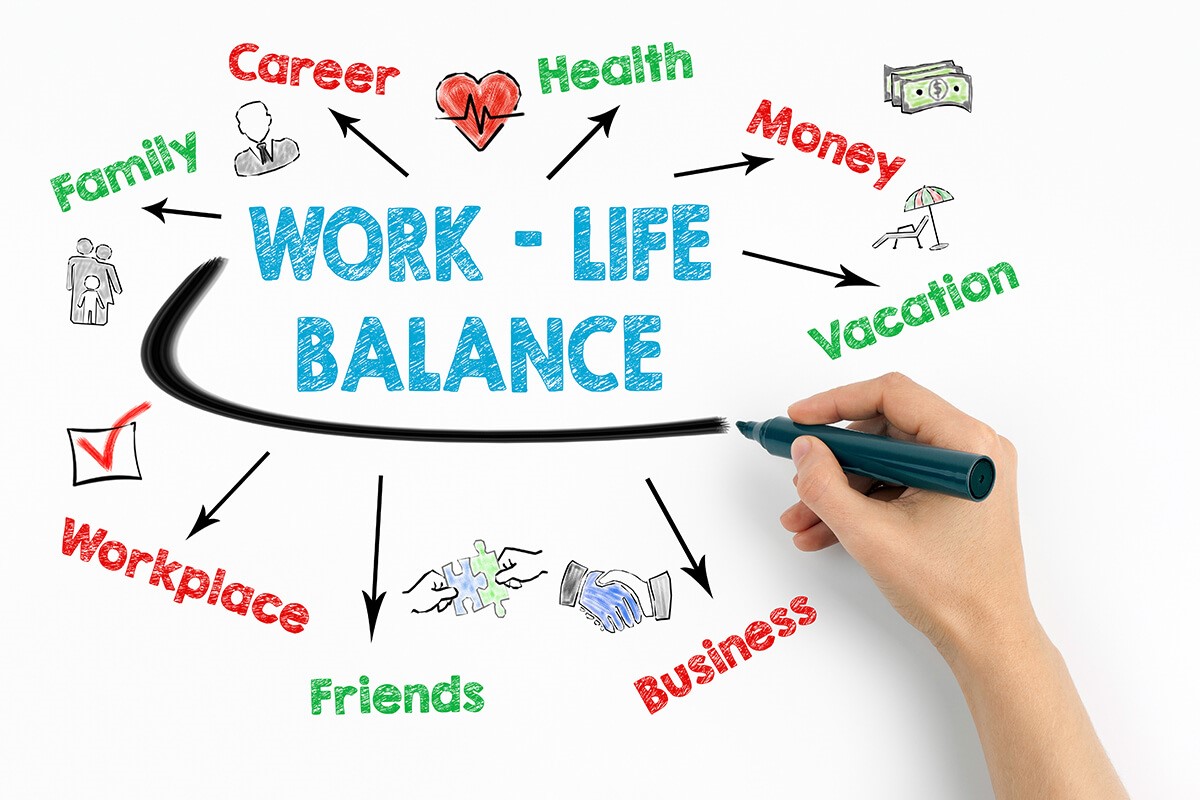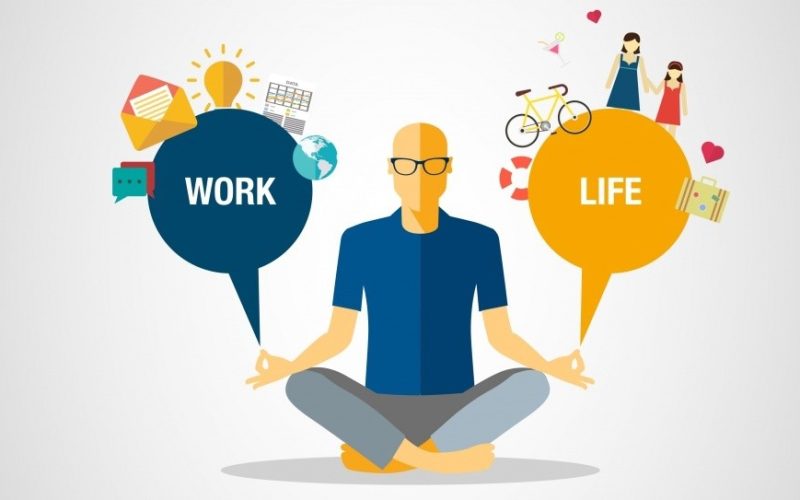How to Achieve Work-Life Balance for Better Health
In today’s fast-paced world, achieving a proper work-life balance is more important than ever. The constant demands of work can often overshadow personal health and well-being, leading to stress, burnout, and a host of other health issues. Understanding how to strike a balance between professional responsibilities and personal life is crucial for maintaining overall health and happiness. This article delves into effective strategies for achieving work-life balance and discusses the profound impact it can have on your health.
Understanding Work-Life Balance
Work-life balance refers to the equilibrium between professional duties and personal activities. It means allocating appropriate time and energy to both work and life outside of work, ensuring neither dominates the other. A balanced life allows you to fulfill professional obligations while also having the time to enjoy personal interests, family, and social activities.
The Health Implications of Imbalance
Failing to maintain a work-life balance can lead to serious health repercussions. Chronic stress, often a result of work overload, can cause various physical and mental health problems, including:
- Cardiovascular Issues: Long-term stress increases the risk of heart disease and hypertension.
- Mental Health Disorders: Anxiety, depression, and burnout are common among those who struggle to balance work and personal life.
- Weakened Immune System: Chronic stress can weaken the immune system, making you more susceptible to illnesses.
- Sleep Disorders: Poor work-life balance can lead to insomnia and other sleep-related issues, further deteriorating health.

Strategies to Achieve Work-Life Balance
1. Set Clear Boundaries
One of the first steps to achieving work-life balance is setting clear boundaries between work and personal life. This can be done by:
- Designating Work Hours: Stick to a set schedule for work. Avoid working outside these hours unless absolutely necessary.
- Creating a Dedicated Workspace: If you work from home, set up a specific area for work. This helps in mentally separating work from personal life.
2. Prioritize Tasks
Effective time management is crucial for work-life balance. Prioritize tasks based on their importance and deadlines. Use tools like to-do lists, planners, or digital apps to keep track of tasks and deadlines. This helps in reducing the stress of last-minute rushes and ensures you have time for personal activities.
3. Learn to Say No
Overcommitting is a common issue that disrupts work-life balance. Learn to say no to tasks or projects that are beyond your capacity. This is not about shirking responsibilities but about recognizing your limits and maintaining a manageable workload.
4. Take Regular Breaks
Taking regular breaks during work can significantly improve productivity and reduce stress. Short breaks can help in recharging your mind and body, making you more efficient. Techniques like the Pomodoro Technique, which involves working for 25 minutes followed by a 5-minute break, can be very effective.
5. Engage in Physical Activity
Regular physical activity is essential for maintaining both physical and mental health. Exercise helps in reducing stress, improving mood, and boosting overall energy levels. Incorporate activities like walking, jogging, yoga, or any other form of exercise into your daily routine.
6. Practice Mindfulness and Meditation
Mindfulness and meditation are powerful tools for managing stress and achieving a balanced life. These practices help in staying focused, reducing anxiety, and improving overall well-being. Even a few minutes of mindfulness or meditation each day can make a significant difference.
7. Seek Support
Don’t hesitate to seek support from friends, family, or colleagues. Sharing your concerns and seeking advice can provide new perspectives and solutions. If stress becomes overwhelming, consider seeking professional help from a counselor or therapist.
8. Unplug from Technology
In the digital age, it’s easy to stay connected to work 24/7. However, constantly checking emails and messages can lead to burnout. Set specific times to unplug from technology and focus on personal activities. This helps in creating a clear distinction between work and personal life.
9. Plan Personal Time
Schedule personal time just as you would schedule work tasks. Whether it’s spending time with family, pursuing a hobby, or simply relaxing, make sure to allocate time for activities that bring you joy and relaxation.
10. Evaluate and Adjust
Achieving work-life balance is an ongoing process. Regularly evaluate your balance and make adjustments as needed. Life circumstances and work demands change, and it’s important to adapt your strategies accordingly.
The Benefits of Work-Life Balance on Health
Achieving a work-life balance has numerous benefits for both physical and mental health. These include:
- Reduced Stress Levels: Balancing work and personal life reduces chronic stress, which is a major contributor to various health issues.
- Improved Mental Health: A balanced life promotes better mental health, reducing the risk of anxiety, depression, and burnout.
- Better Physical Health: Reduced stress and increased physical activity contribute to better cardiovascular health, stronger immune system, and overall physical well-being.
- Enhanced Productivity: A well-balanced life leads to increased productivity and efficiency at work, as well as more fulfilling personal life.
- Greater Life Satisfaction: Balancing work and personal life leads to greater overall life satisfaction and happiness.
Conclusion
Achieving work-life balance is essential for maintaining good health and well-being. By setting clear boundaries, prioritizing tasks, taking regular breaks, engaging in physical activity, practicing mindfulness, seeking support, unplugging from technology, planning personal time, and regularly evaluating your balance, you can create a harmonious and healthy life. Remember, a balanced life not only enhances your professional performance but also enriches your personal life, leading to overall happiness and fulfillment.










